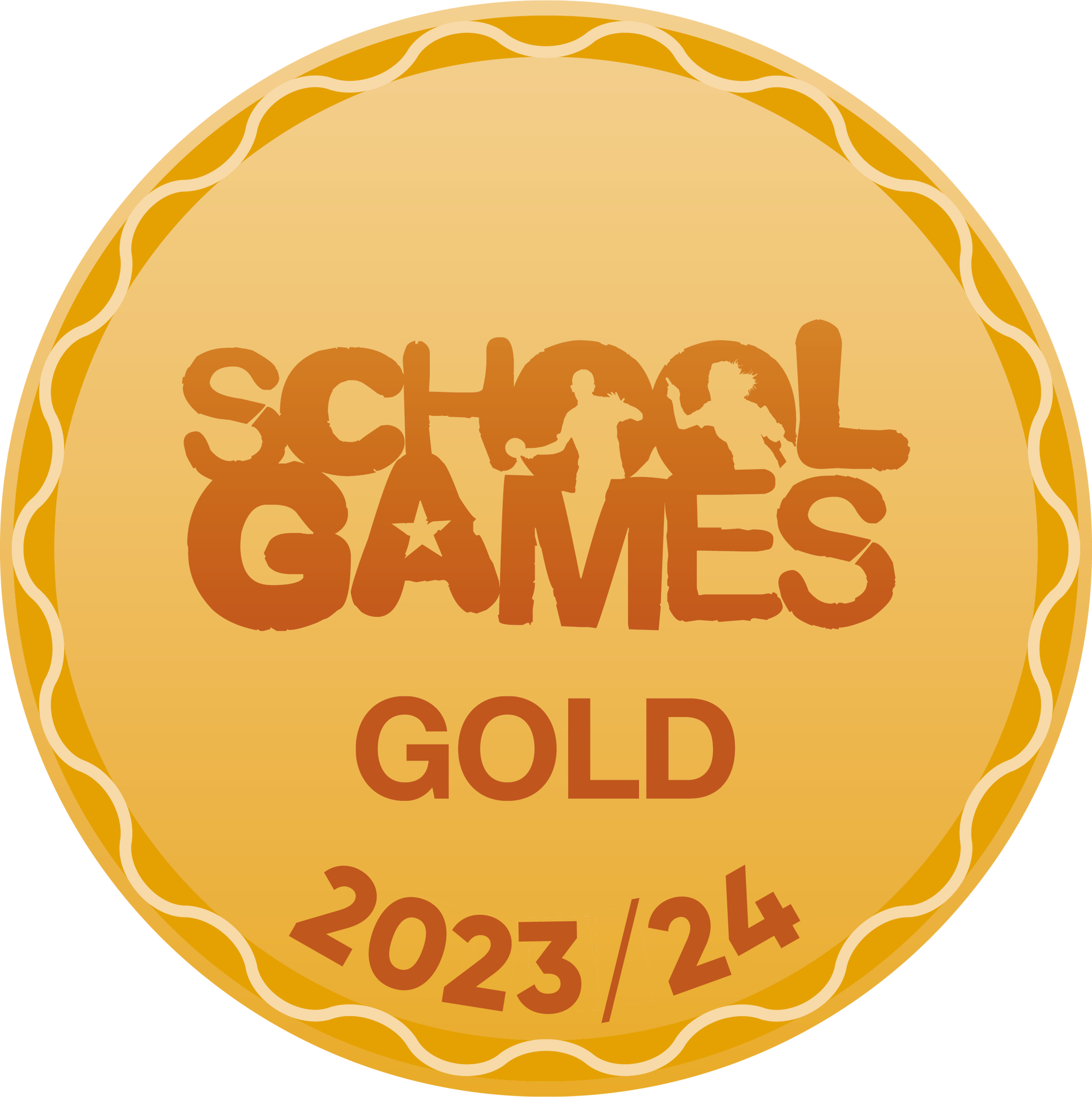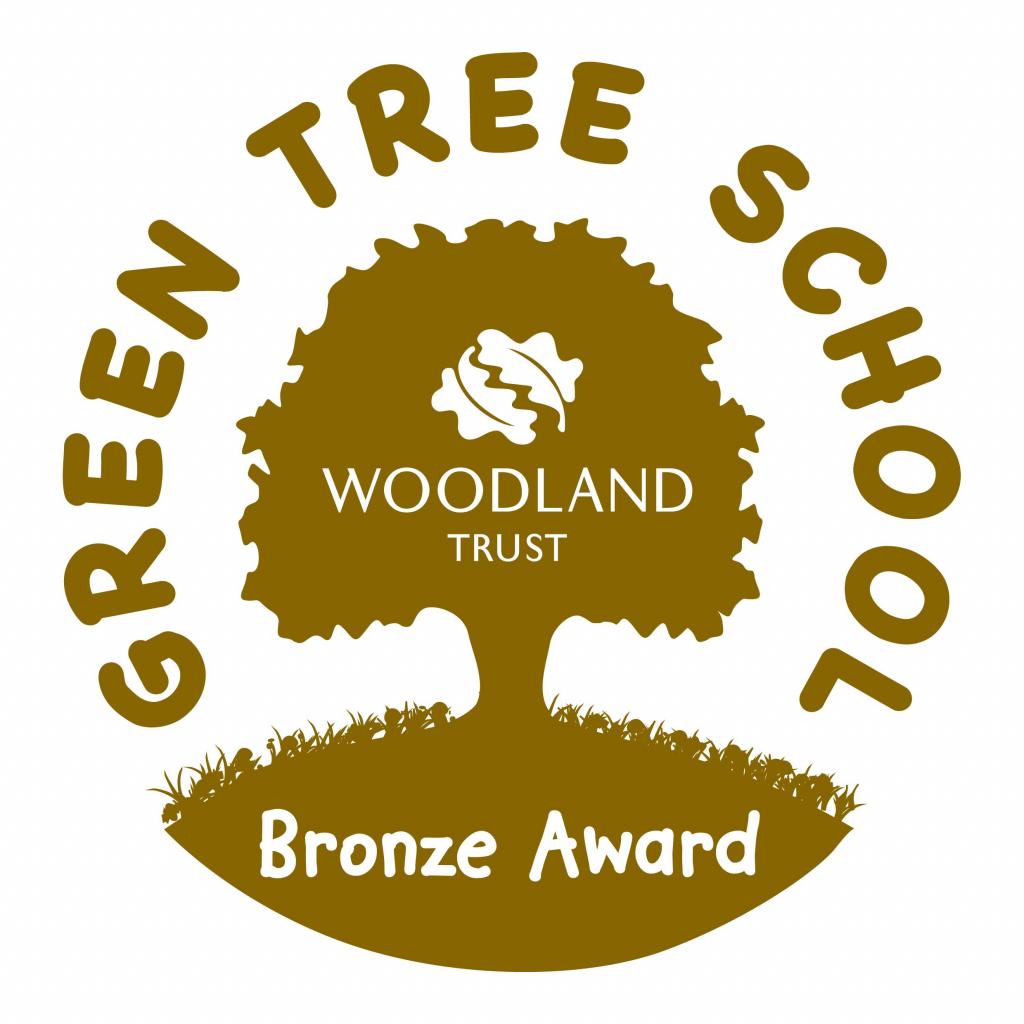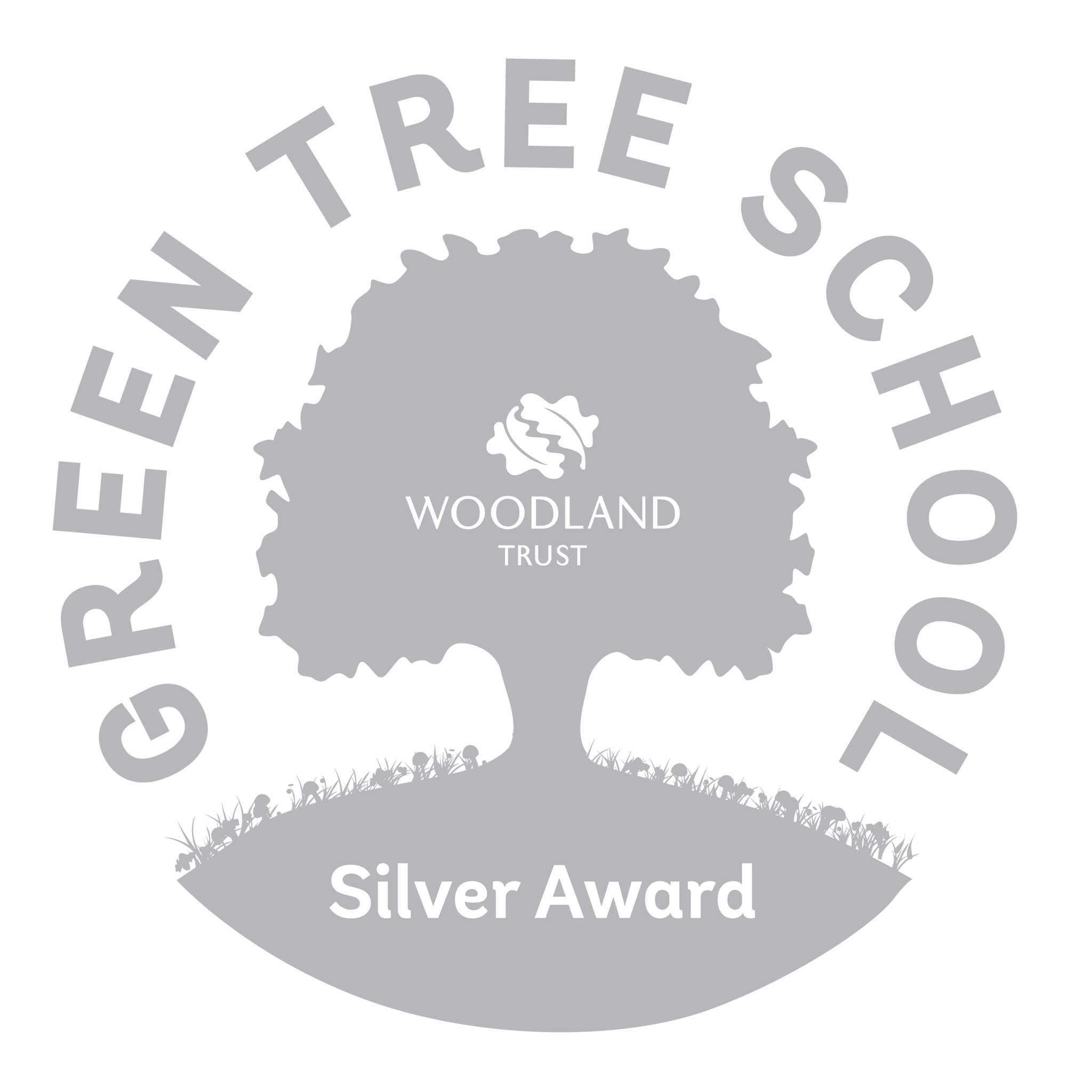Eyfs
Early Years Foundation Stage (EYFS)
The Statutory framework for the Early Years Foundation Stage sets the standards for learning, development and care for children from birth to 5 years.
We believe that the Early Years Foundation Stage is crucial in securing solid foundations that children are going to continue to build upon. It is our intent that the children who enter our EYFS develop physically, verbally, cognitively and emotionally whilst embedding a positive attitude to school and their learning.
Intent
We believe that all children deserve to be valued as an individual and we are passionate in allowing all children to achieve their full, unique potential.
We begin each new year by looking at the individual needs of our children and – taking into account their different starting points - we then carefully develop our EYFS Curriculum which enables them to follow the path of their learning journey, at a point, that is suitable for their needs and stages of development.
Through our “In the Moment” approach we learn about, understand and follow children’s interests and provide opportunities throughout our EYFS curriculum to support learning, consolidate and deepen knowledge and ensure that children meet their next steps. Planned learning is also carefully linked with each curriculum area so that children's learning of different subjects begins in the early years while also having fidelity to the core principles of the early years foundation stage such as developing effective characteristics of learning and recognising children's interests.
We create indoor and outdoor environments that support learning and allows children to follow their own interests.
Our curriculum prepares children to reach the Early Learning Goals and ensures that children make good or better progress from their starting points. The children have lots of opportunities to play and mix with children from other years groups so they are prepared for learning in mixed age classrooms and so that they remain at the heart of our school and not seperate from it.
Implementation
In EYFS pupils learn through a balance of child-initiated and adult-directed activities. Both play an important role in our children’s education and are linked with the curriculum children will learn in KS1 and 2. Through effective use of planning the indoor and outdoor environments, we ensure that the areas of learning are considered so that children can independently access their learning, whilst having the adult available to scaffold through questioning, development of language and a good knowledge of children’s development. The day is structured so that children have opportunities for both child-initiated activities and regular directed teaching in literacy, maths and phonics every day. This focused group time means the teacher can systematically check for understanding, identify and respond to misconceptions quickly and provide real-time verbal feedback which results in a strong impact on the acquisition of new learning.
Maths
We aim for the Maths curriculum to provide children with an in-depth learning experience that will give them a solid understanding of early number, spatial reasoning and pattern. We provide children with a wide variety of opportunities to engage with the cardinality, comparison and composition of numbers to 10, as well as providing opportunities for them to count to 20 and beyond. We use White Rose Maths to develop our maths in Early Years.
Reading
We firmly believe that reading should be prioritised across the school. It allow us to access all other subject areas. We aim for children develop a life-long love of reading that includes language, comprehension and word reading. Children are read and sung to regularly and exposed to a range of high quality and aspirational texts. They learn nursery rhymes or poems daily. This then leads to skilled word reading where children are given the skills in phonics sessions and the environment to decode words and recognise print. We use a systematic synthetic phonics scheme that is taught daily.
Writing
Writing starts with children articulating their own ideas from adult stimulus, questioning and high quality texts which can then be developed through role play and discussions. Children will then be taught the skills to apply their phonetic understanding to their transcriptions, which involves decoding and forming letters. The environment encourages all children, regardless of interests and gender, to want to write. We channel the children’s interests to mark make and write independently, in a range of scenarios such as signs, instructions, warnings, notes, letters and stories.
Impact
We strive to ensure that our children’s progress across the EYFS curriculum is good from their varied starting points. We aim for children to achieve a Good Level of Development and many of the Early Learning Goals at the end of Reception, and to be as close as possible or better than National levels though we recognise that our data fluctuates due to small numbers in each year group. Evidence in tapestry is used to make judegements and through tapestry parents can access information about their children's learning daily.
The impact of our curriculum is measured by assessment procedures which allow us to measure outcomes against all schools nationally. We measure the percentage of pupils achieving age related expectations and that are on track for GLD throughout the academic year, and put supportive interventions in place if and when needed. Class teachers use observations to make formative assessments which inform future planning and ensure that all children build on their current knowledge and skills at a good pace. Summative assessment compares children attainment to age related expectations using the 'a typical... can' Development Matters statements. This is regularly tracked to ensure rates of progress are at least good for all children, including vulnerable groups such as those with SEND, EAL, disadvantaged or summer born children. Our assessment judgements have been moderated both in school and externally with local schools. We regularly partake in local authority moderation which has validated our school judgements.

.png)
.jpg)
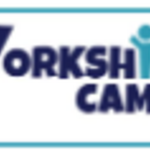





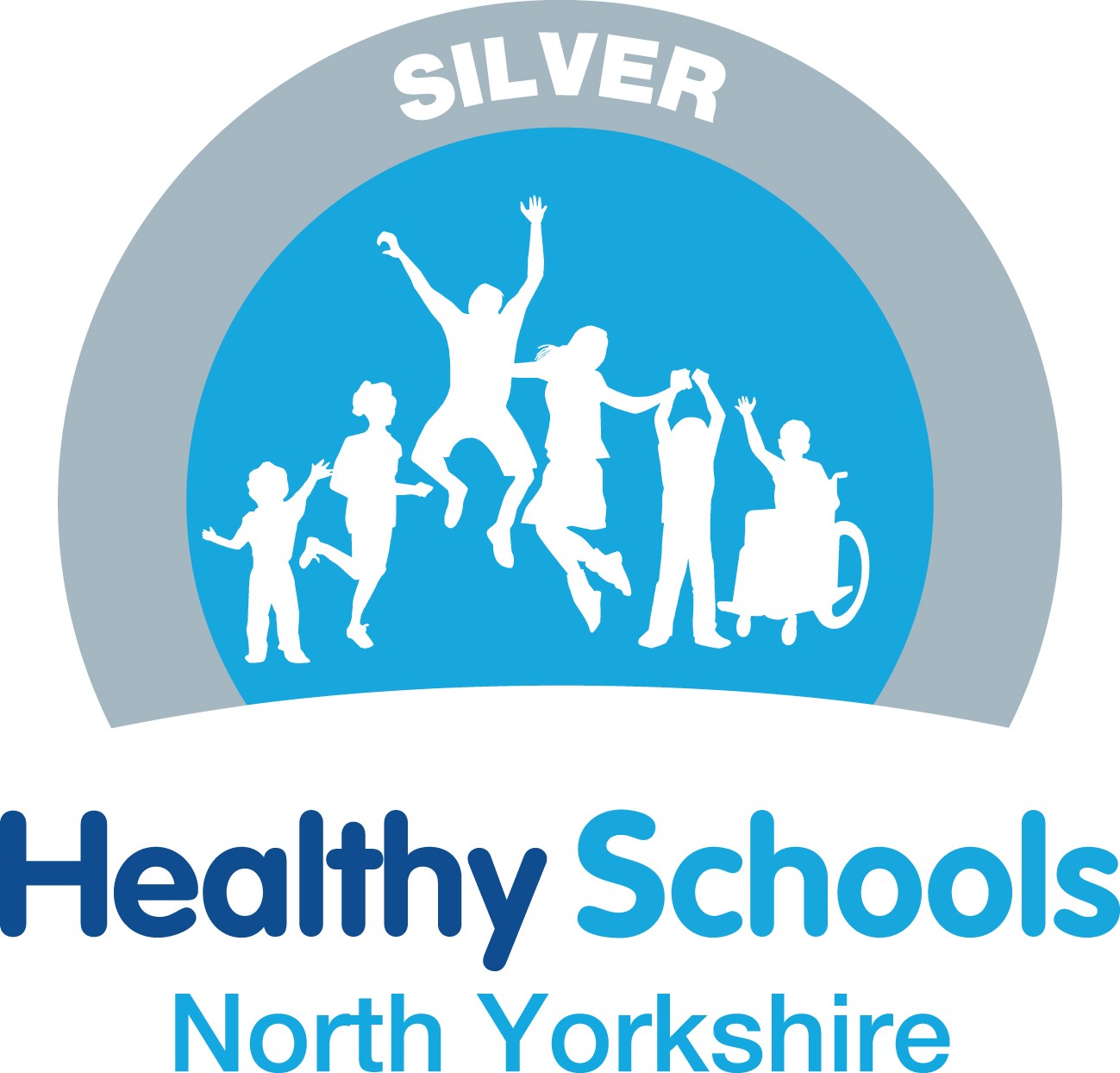
.png)
